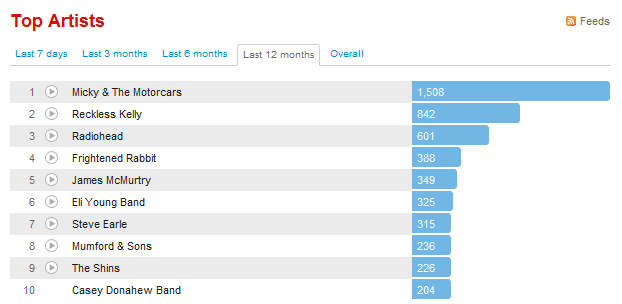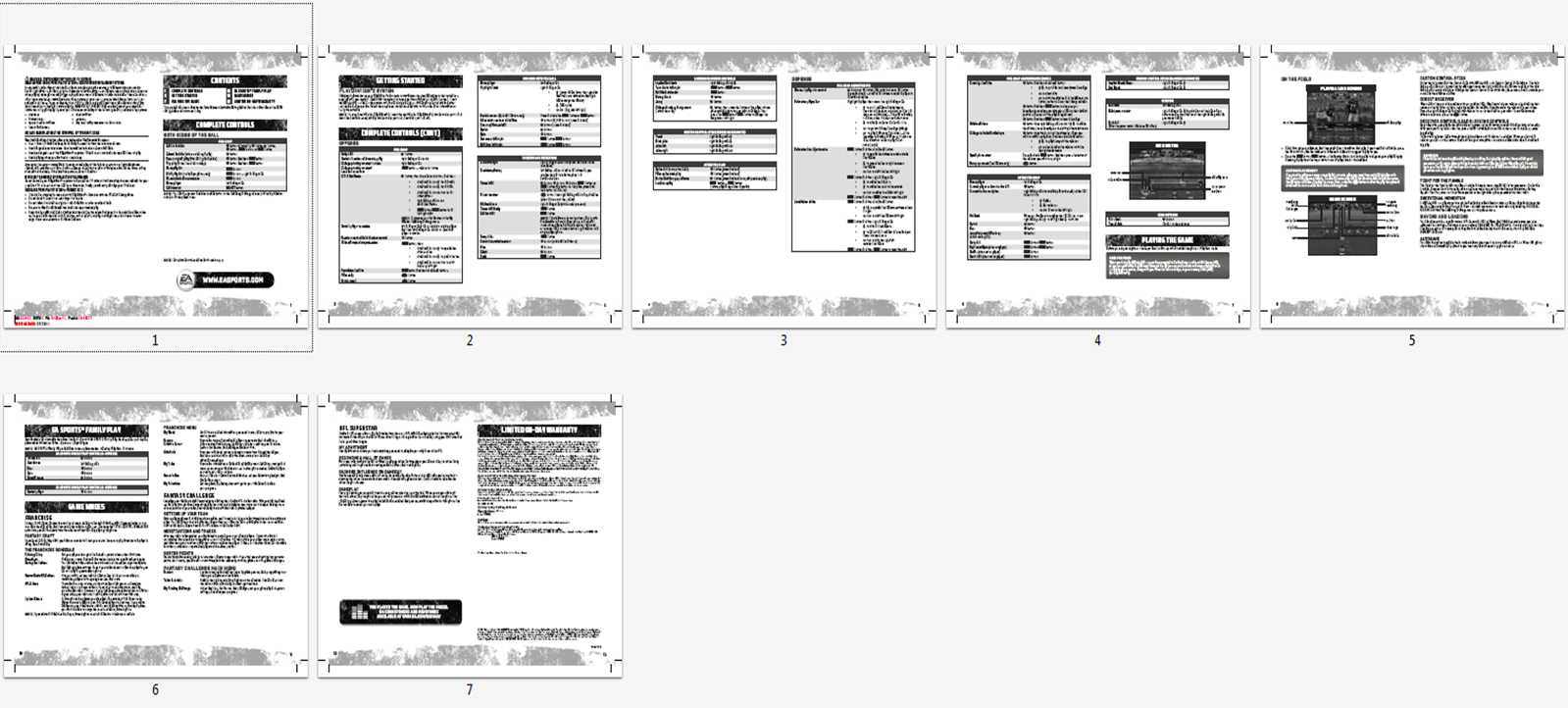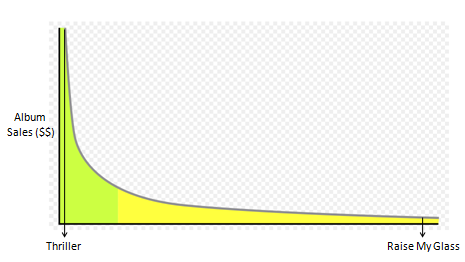2012 Music
I’m not going to post my ‘most listened to music’ list like I did last year. For a variety of reasons my music wasn't syncing to my Last.fm profile for the entire year so the data isn't accurate. That said, here are some great artists that I hadn't listened to all that much (or at all) in the past that I listened to quite a bit last year.
- The Lumineers
- The Shins
- Iron & Wine
- Hayes Carll
- Angels & Airwaves
- Townes Van Zandt
- The Felice Brothers
- Whiskeytown
- Beach House
- My Morning Jacket
- Band of Heathens
I also discovered a genre called post rock. It’s very relaxing and great to listen to while you work. Some of the bands I like include The Six Parts Seven, This Will Destroy You and Marconi Union. Check out this somewhat depressing but very inspiring video that recaps the events of 2012 -- the soundtrack playing in the background is a great song by This Will Destroy You.
I also listened to a lot more of the stuff I listened to in past years, including:
- Ryan Bingham
- Steve Earle
- Radiohead
- Mumford & Sons
- Micky & the Motorcars
- Reckless Kelly
- Bon Iver
- James McMurtry
- Bob Dylan
- Uncle Tupelo
- The Avett Brothers
Some new, some old -- 2012 was a good year for music.






 I don't think there's a really great business model here but if I'm going to write about the economics of music, I have to write about Radiohead's democratic pricing model. Basically, fans could pay whatever price they wanted for the album. I hear that they got, on average, 8 bucks. There aren't a lot of bands that could pull this off so I'm not sure this is an emerging trend. Worth thinking about though. Could this work for other industries?
I don't think there's a really great business model here but if I'm going to write about the economics of music, I have to write about Radiohead's democratic pricing model. Basically, fans could pay whatever price they wanted for the album. I hear that they got, on average, 8 bucks. There aren't a lot of bands that could pull this off so I'm not sure this is an emerging trend. Worth thinking about though. Could this work for other industries?